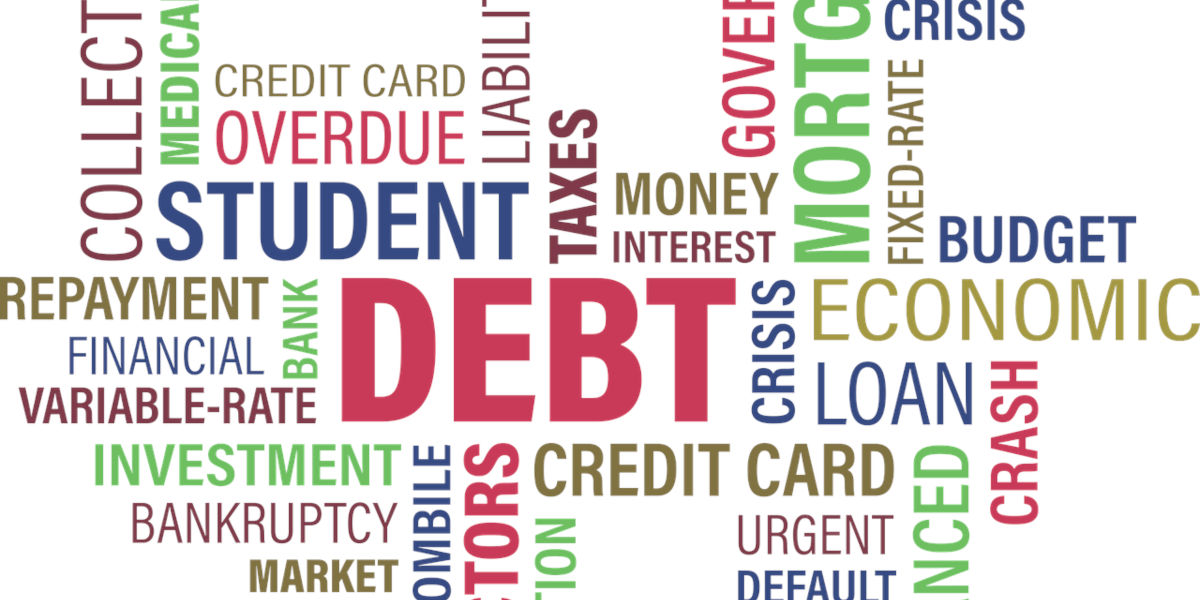In the world where quality education often equates to the presence of a price tag, student loans have become a ubiquitous burden for millions of students worldwide. The path toward higher education is often lined with the need for financial aid, predominantly in the form of student loans. But at the crux of this massive financial web, two pressing queries prevail: Are student loans worth it? And once you have them, what are the most effective strategies for managing student loans? This article aims to provide insight into these questions, proposing guidelines on how to pay off student loans faster, assessing the worth of the liability, and, ultimately, helping you decode the enigmatic sphere of student loans.
Managing Student Loans: The Groundwork
Before we delve into strategies to expedite your student loan repayment process, it’s necessary to talk about managing student loans effectively from the onset. In essence, managing your loans revolves around understanding your debt, tracking your repayments, and making informed decisions that help reduce the loan burden in the long run.
Understanding your debt entails knowing the type(s) of loan you have, the interest rates, the grace period post-graduation before you need to start repayments, and the minimum monthly payment. Additionally, you should be privy to how your payments are distributed between your principal amount and interest. This knowledge will in turn contribute to true transparency when it comes to your financial position, preventing any loan-related surprises along the way.
How to Pay Off Student Loans Faster: Effective Strategies
Once you have a grasp over your financial obligation, the next step is to strategize for faster loan payoff. You could argue that the sooner you get rid of your loans, the sooner you could achieve financial freedom and move toward other personal and monetary goals.
One of the most popular and effective methods for paying off student loans faster is by making more than the minimum monthly payments. By contributing more towards your loan, you can downsize the principal amount, which in turn reduces the overall interest paid. However, before using this strategy, ensure that your lender puts these extra amounts towards your principal and not the interest or next month’s payment.
Refinancing your student loans is yet another way to accelerate your payoff timeline. By obtaining a loan with a lower interest rate and/or shorter repayment term, you can save on interest costs over the life of your loan. It's essential, however, to consider the trade-offs as refinancing can lead to loss of certain federal loan benefits like income-based repayment options or loan forgiveness for public service.
Consider using windfalls like tax refunds, bonuses, or inheritances to bring down the principal amount of your loan. While it might be tempting to spend these unexpected income spikes on other things, using them to reduce your loan balance can have a significant impact on the amount of interest that accrues over time.
Effective Strategies for Faster Student Loan Payoff
One crucial way to decode student loans involves figuring out the most effective methods to pay them off faster. Adopting these strategies can result in significant savings over time and reduce the burden you feel from student debt.
The first strategy is to make more than the minimum monthly payment. The student loan repayment plan is typically based on a 10-year repayment schedule. However, it's possible to pay off your student loan faster by making higher payments. In this case, the extra money will go towards the principal and reduce the amount of interest you have to pay over the loan period.
Secondly, consider refinancing your student loans. If you have a high-interest student loan, refinancing it at a lower rate will save you money in the long run. It can also allow you to change your loan term length, potentially allowing you to pay it off sooner. Be aware, though, that refinancing federal student loans means giving up access to income-driven repayment plans and potential loan forgiveness.
Lastly, the strategy of debt avalanche can be highly effective. This involves paying off the loan with the highest interest rate first. While keeping up with the minimum payments on your other loans, devote any extra resources to your highest interest loan. Once that’s paid off, move to the loan with the next highest interest rate.
Assessing the Worth of Your Student Loans
Assessing the worth of your student loans is a crucial step in managing and reducing your debt. It allows you to understand the cost-benefit analysis of your education. To do this, consider the lifetime value of your degree, potential income, refinancing options, and the impact on your credit.
If your degree field has a high earning potential, taking on a larger loan might be justified. However, if your chosen field does not yield high earnings, you must ensure the loan you take is manageable. This does not insinuate that you should limit your education choices based on its immediate financial returns. Yet, it might be prudent to evaluate your financial situation and education goals.
Furthermore, the value of your student loans can be calculated by understanding the impact it has on your credit. Higher education loans are considered ‘good debt’ and can be used to build your credit score if handled properly. However, mismanaging it can negatively affect your credit—limiting your ability to secure loans for major payments in the future.
Remember, decoding student loans is about making informed decisions. While student loans can seem daunting, implementing effective payoff strategies and assessing their worth can empower you to take control. Education is a worthwhile investment, but it is essential to manage student loans effectively to make the most of this investment.




